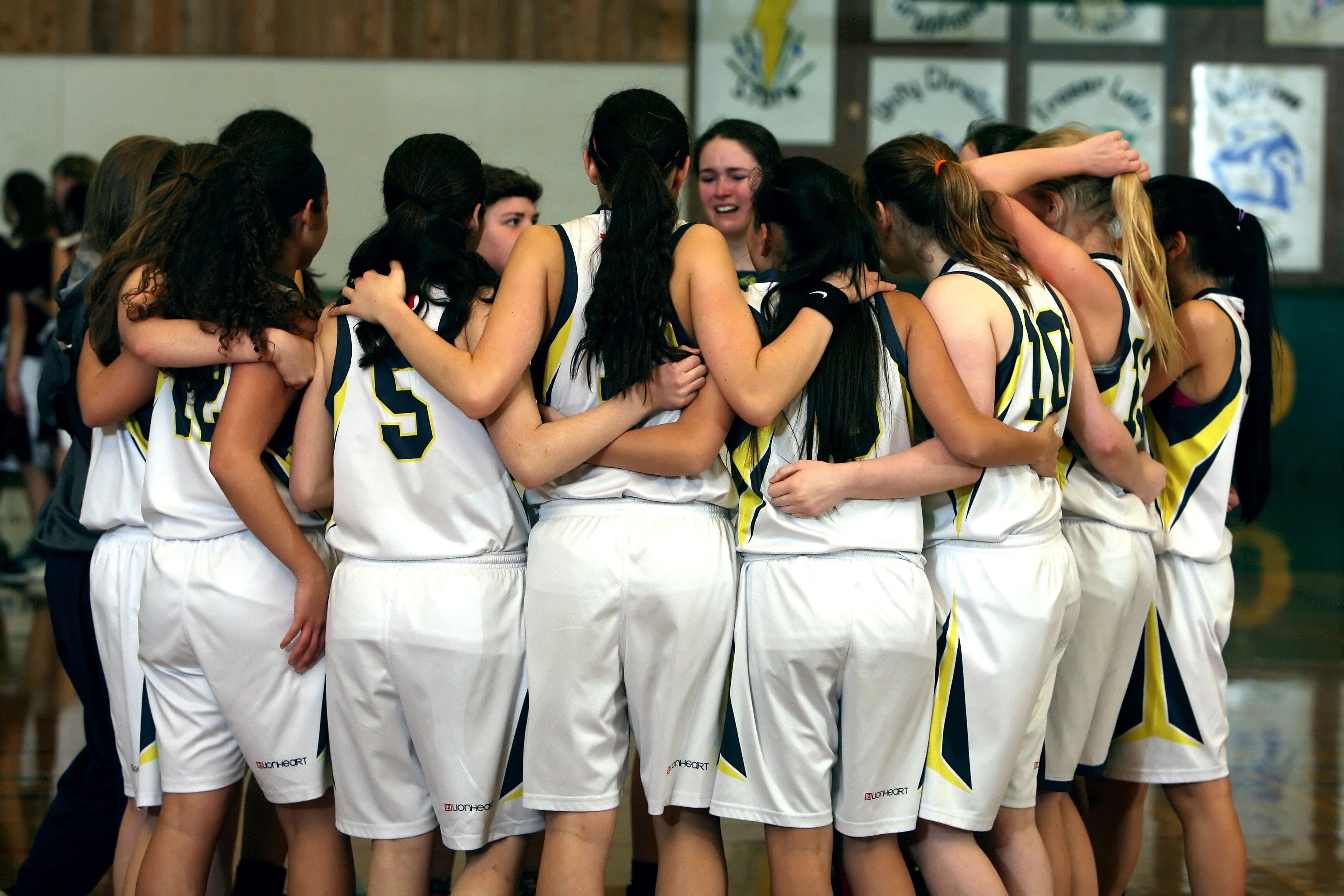“I don’t want my kid being ‘ok’ with losing. I’d rather them win every time than deal with losing. Losing sucks.”
That’s the response I overheard a dad tell his friend at a coffee shop last week. I get it, no one likes to lose. “Losing sucks” to quote that dad. I 100% agree.
But unlike that dad, I’m 1000% ok with letting my future son/daughter lose a game.
You don’t want to lose. You never want your kid to lose, but out of loss and failure comes lessons and teachable moments that can set the child up for success later in life.
And it’s a lot easier to receive life lessons when you’ve been knocked on your butt than it is when you’re holding a trophy.
How Winning Can Trick Us
When we win all the time, it’s easy to believe we lack room for improvement. Think about it. Winners in a individual player sport believe they are already unbeatable after winning one tournament because of an unblemished record. But just because they won this one time doesn’t mean they’ll forever win, right?
Team sports? Just as guilty. Except in a team sport, your mistakes can be hidden much longer than an individual one if the rest of your team plays well. The problem starts to compound when multiple players start making mistakes each game. They can let an undefeated record clout their vision and trick them into believing the lie that being undefeated now means you don’t need to improve for only so long. Pretty soon every record gets that “1′ in the loss column.
This story continues off the field in life. If you lack the desire to constantly improve, resting on your past laurels, you can be caught off-guard – and out of business – when a young upstart changes your industry. It happens every year – an industry giant disappears because they rested on their past achievements instead of looking ahead to how they can grow.
The scoreboard doesn’t always tell the whole story, and many times, believing what we see on it one week will cause a lapse in judgement that trips us the following week.
Why Losing Matters
Every great lesson I learned playing sports growing up was after I got my butt handed to me. Losing – not winning – is what presents opportunities for parents and coaches to teach their players about the bigger picture of life.
Losing Motivates You.
Losing is a bitter taste. It sucks. But it can be a powerful motivator to fire you up to improve. My closest losses in sports were some of the hardest pills to swallow – but also some of the best motivators because it taught me the importance of every single play, and be over-prepared for each snap.
Losing teaches you what to improve upon.
Experienced professionals know how to watch film and learn from each win/loss on what to improve. But kids? It’s a lot harder to show them what they need to get better on if they’ve only won.
Heck, for most adults it’s hard to teach us where to improve if we’re winning with what we’ve done to this point.
But winning up until now doesn’t mean you’ll always win.
Losing a game can teach you where you’re deficient and need to improve your skill / gameplan / communication on the court. It also creates a great lesson for children to learn how to identify areas they need to improve – and then commit to doing the work to improve.
Losing Teaches You How to Rebound
One thing many adults struggle with is the “rebound.” Be it from an injury, job loss, or divorce, many adults struggle getting back on the feet and mentally “checking in” to the game of life. The adversity blindsides us and we fixate our focus solely on what happened instead of the most important thing – what we do next.
In the safe environment of sports, losing can teach a child how to live in the present, by focusing on their next opportunity instead of constantly dwelling on their last one (the loss).
Teaching them how to not worry about what was but focus instead on what is under their control (which is the present) and what they do next sets them up for their opportunity on the field – and later in life.
Shielding Kids from Losing Only Hurts Them in the Long Run
When we shield our kids from losing, adversity, or tougher competition, we lose out on the opportunity to teach them lessons they’ll need later in life. I’d challenge parents and coaches to use the safe environment of sports as grounds to teach life lessons that the child will learn regardless later in life, when the stakes are much higher and the failures can be much bigger.
Don’t teach them to love losing – but instead how to grow from it and keep competing.



